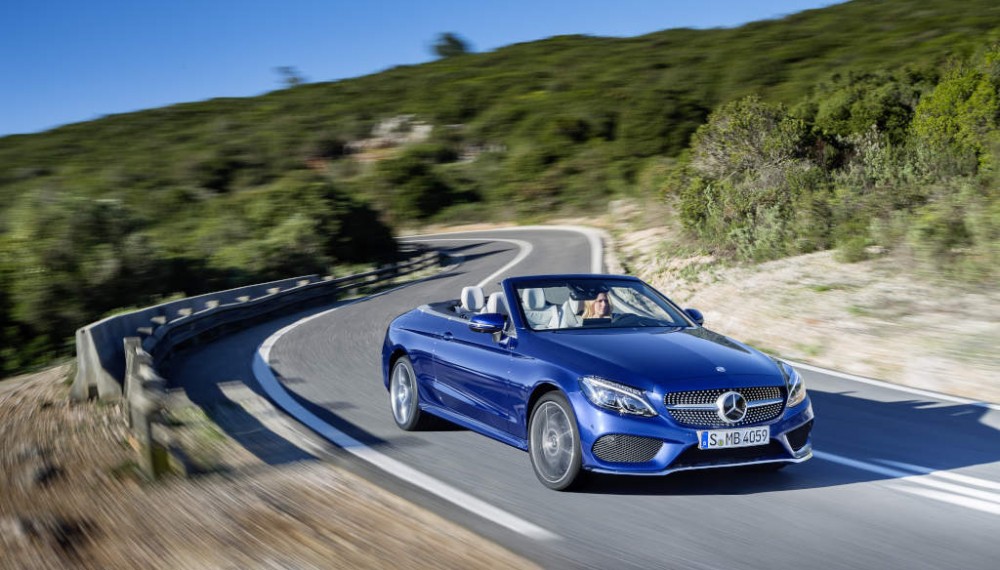Due to the ongoing downturn on almost all markets and the upcoming model changeover for the E-Class, Mercedes-Benz Cars sold a total of 62,200 Mercedes-Benz, AMG, smart and Maybach brand vehicles in January (January 2008: 90,400, minus 31 percent). A total of 53,900 customers opted to purchase a vehicle of the Mercedes-Benz brand in January (January 2008: 82,300, minus 35 percent).
The smart fortwo deliveries increased by four percent worldwide to 8,300 units (January 2008: 8,000). Following its market success in the U.S. in 2008, the innovative two-seater will be introduced to China, Brazil and Denmark this year. The smart fortwo is currently available in 37 markets on five continents.
At the beginning of the year, Mercedes-Benz presented the new E-Class sedan in Detroiton the occasion of the North American International Auto Show. The vehicle was released for sale in Western Europeon January 12. ”Sales of the new E-Class get off to an excellent start. To date we received more than 30,000 orders for the new E-Class sedan – even before the official market launch in March“, said Dr. Klaus Maier, Executive Vice President Sales and Marketing Mercedes-Benz Cars. The new E-Class will become available in other markets this summer.
The new E-Class received the accolade of “2009 value retention champion” awarded every year by the motoring magazine Auto-Bild. In three years time, the new E-Class will be the car with the highest resale value in the upper-range segment. According to calculations made by the market research institute Bähr & Fess Forecast in Saarbrücken, the new E 250 CDI will then realise up to 62.5 percent of its current value.
Even after the reform of the motor vehicle tax in Germany, the high fuel efficiency of the new E-Class will be a major benefit for Mercedes-Benz customers. The E 250 CDI, for example, delivers 150 kW/204 hp, but has an average fuel consumption of only 5.3 liters of diesel per 100 km, which corresponds to 139 grams of CO2 per kilometer. In Germany, drivers of an E 250 CDI will therefore only have to pay a total of €247 in motor vehicle taxes over the first three years, whereas previously the total bill would have amounted to €339.68.


